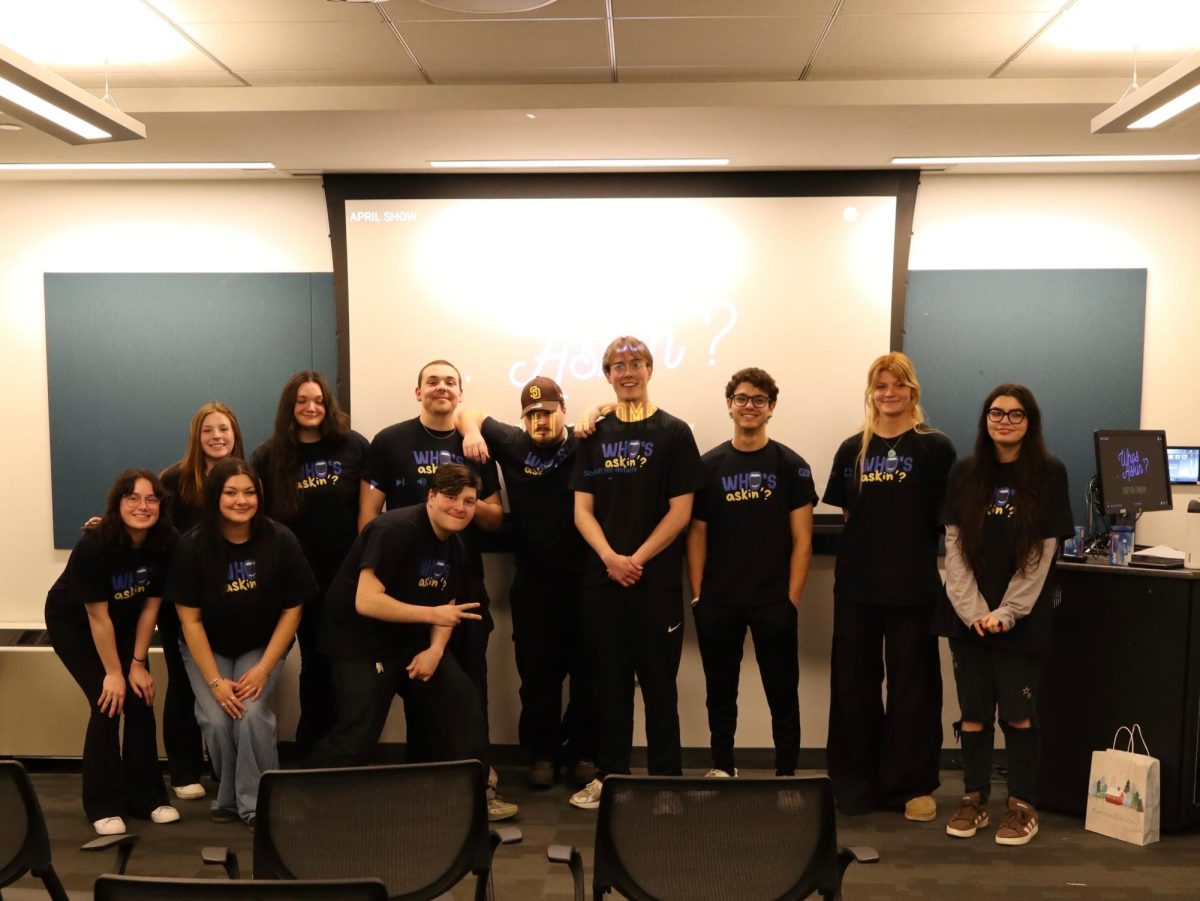When most people see the word salamander, they typically think of a lizard. What most people may not know is that these creatures are impenetrable to fire, tough and regenerative beings, which are the qualities that Suffolk’s literary magazine Salamander was founded upon.
Salamander is a literary organization established in 1992 which publishes fiction, poetry, prose and portfolios. Though Salamander has grown in size since being established about 28 years ago, managing editor Katie Sticca said their goal to be on the writer’s side never wavers. With the aim of helping aspiring writers, the magazine’s vision is to make sure they’re as inclusive as possible.
“I just love being part of something that is exposing people to writers that wouldn’t otherwise get read,” said Sticca, who has been with the literary journal for almost 10 years. “That’s hugely meaningful, especially if you studied creative writing, really all you want is just for people to read your work.”
In addition to their dedication to making a difference in the writing community, Salamander already holds great meaning to those who are part of it. Due to the thousands of submissions the magazine receives, it can be tougher to get published because of its selectiveness.
However, this also demonstrates Salamander’s commitment to the quality of work that goes into the publication. Their intent is to make a seat at the table for writers from marginalized communities and also those who may not be the most traditional in style.
“In this way, my vision for the magazine lines up with that of Suffolk University, that we’re here for the working class and underrepresented,” said Editor-in-Chief Jose Araguz. “Helping be a part of a writer’s journey through publication and support is a huge part of the Salamander vision.”
Not only does Salamander aim to have an open platform for developing writers, but they also care deeply about the Suffolk community. They want students to know that they’re here, they’re a part of the university and will always be looking to engage more with students and get them involved. According to Araguz, there will even be a Salamander practicum coming soon, offered every other year beginning in 2021.
Though it may sound difficult to get published, there are plenty of other ways to get involved. Salamander offers internships to Suffolk students and holds an annual fiction contest as a secondary way for writers to get their work out there. The contest goes on once per year and is $15 to enter. Writers are guaranteed that their stories will be read at least two times anonymously and they will receive a one-year subscription with their entry.
“We’re really trying to be on the side of the writer and respect the fact that it’s tough out there. So, we try and do as many writer-friendly things as possible, so we don’t charge for [regular] submissions but then the fiction contest is a great time to sort of build our subscriber base and get some exciting new voices,” said Sticca.
Salamander is committed to making sure every issue is the most dynamic and exciting it can be. Not only was their most recent issue published in December, but they’re currently working on their next issue, No. 50, which is a significant achievement.
The magazine has evolved since its start and will only keep growing, making sure to pack a little bit of everything into each issue.
“As a first-generation child of immigrants, it is a huge honor to be where I’m at today and to be able to do the community work I do,” said Araguz. “This aspect gives further depth to what I mean when I say ’emerging writers.’ The writing world is a large table, and I like helping to make sure everyone feels invited.”
Salamander’s door is always open for people on campus to stop by and talk to them if interested in more about who they are. Their next edition will be released in early June and they’re upcoming release party for their newest issue No. 49, is on Feb. 20 in the 73 Tremont Poetry Center at 6 p.m.





















